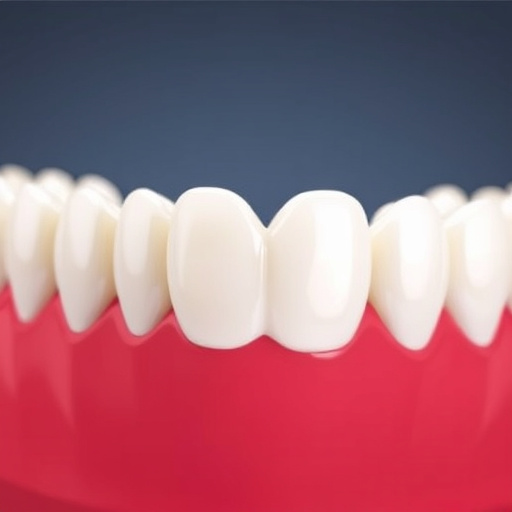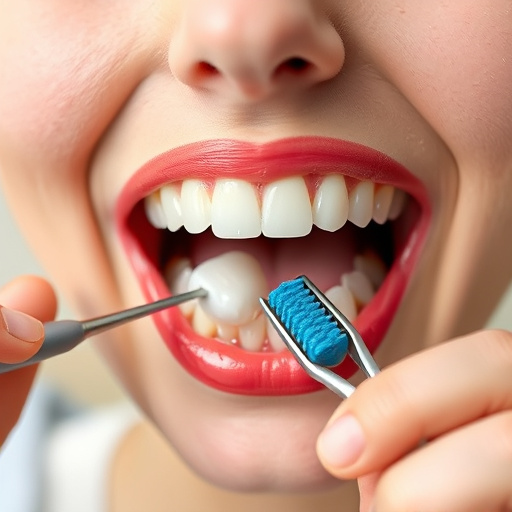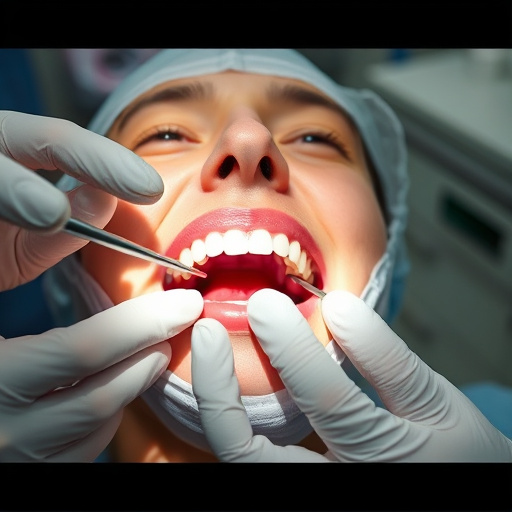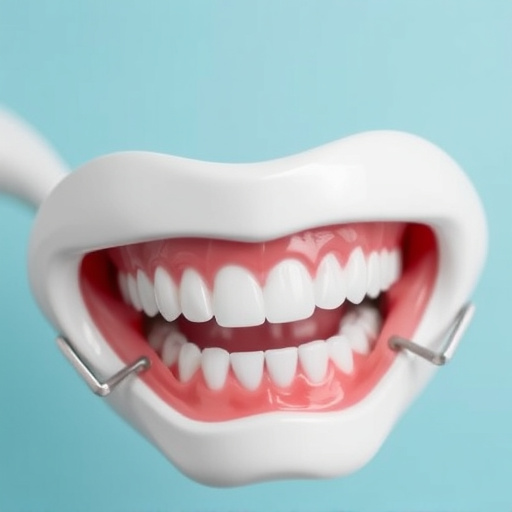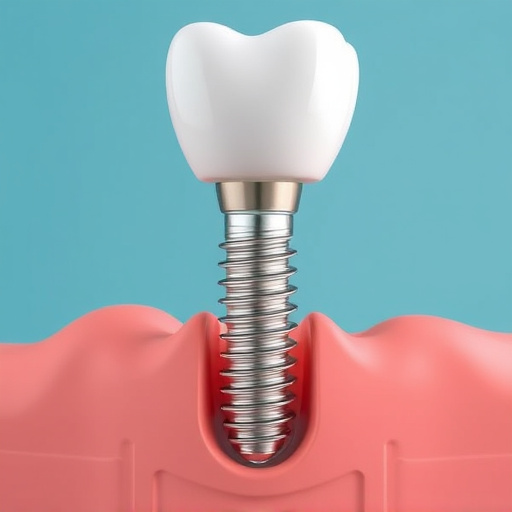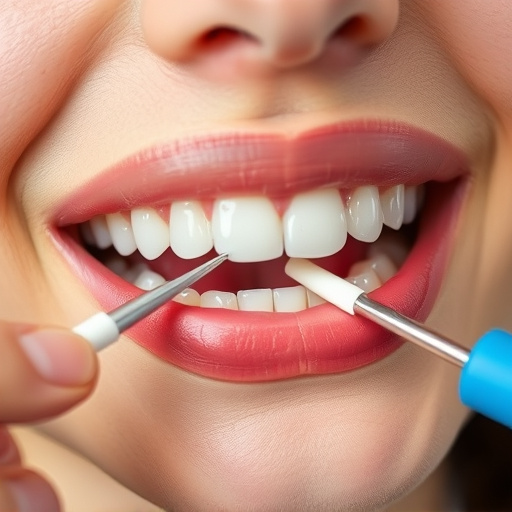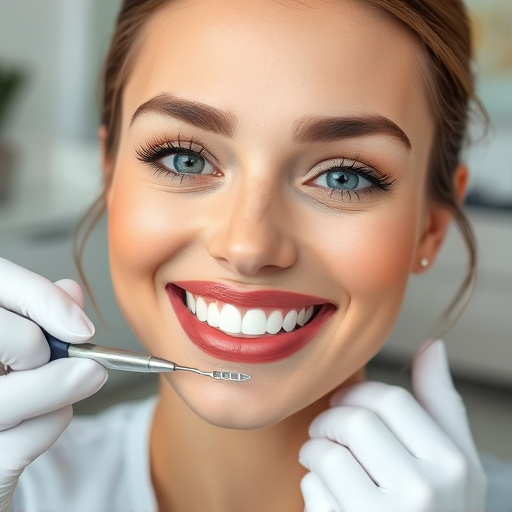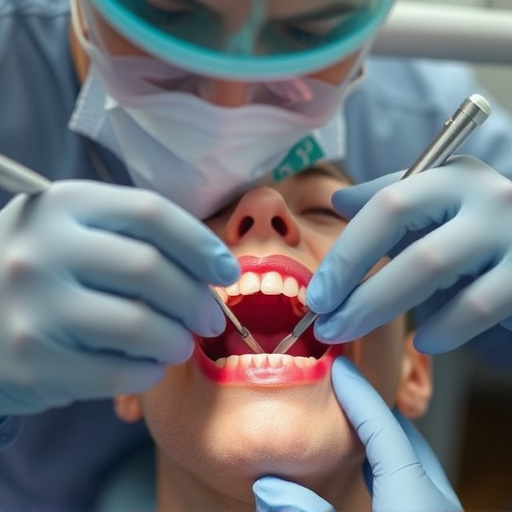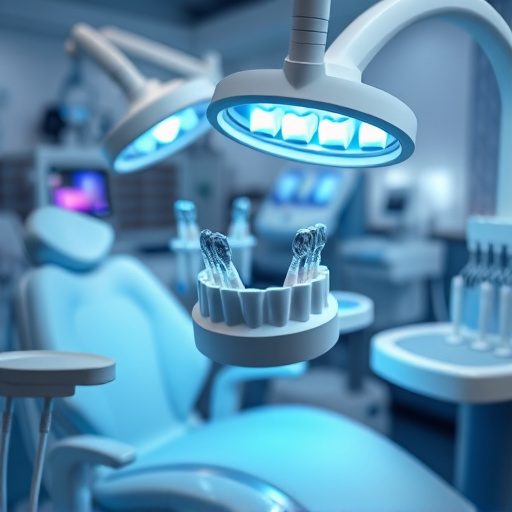Teeth grinding (bruxism) causes tooth wear, sensitivity, headaches, and jaw pain if left untreated. Affordable treatments like mouthguards prevent further damage during sleep. Clear aligners realign misaligned teeth, and dental fillings repair damaged teeth. Regular dental check-ups monitor damage, with personalized advice from dentists on bonding or implants. Children's dentistry educates kids on proper oral hygiene to prevent bruxism.
“Teeth grinding, or bruxism, is a common yet often overlooked dental issue with potential long-term effects. This article delves into understanding the causes and consequences of daily teeth grinding, offering an insightful look at affordable treatment options that can be easily incorporated into your routine at home. From identifying triggers to exploring cost-effective remedies, we guide you towards managing this condition effectively. Additionally, learn about preventive measures and long-term care strategies for a healthier, happier smile.”
- Understanding Teeth Grinding Causes and Effects
- Exploring Affordable Treatment Options at Home
- Long-Term Care and Preventive Measures for Teeth Grinding
Understanding Teeth Grinding Causes and Effects

Teeth grinding, or bruxism, is a common condition that can have significant effects on oral health if left unaddressed. It’s important to understand the causes behind this habit to effectively manage and treat it. One primary cause is stress, whether from daily life or underlying anxiety and depression. Other factors include sleep disorders, such as sleep apnea, certain medications, and even genetic predisposition.
The effects of teeth grinding can be destructive, leading to tooth wear, sensitivity, headaches, and jaw pain. Prolonged bruxism may require more intensive treatments like restorative dentistry to repair damaged teeth or dental bonding to fix minor chips and cracks. Fortunately, there are several affordable teeth grinding treatment options available, including mouthguards, which protect teeth during sleep, and stress management techniques. In cases of severe grinding, emergency dental care might be necessary to address immediate damage.
Exploring Affordable Treatment Options at Home

When it comes to addressing teeth grinding (bruxism), many individuals seek affordable treatment options that they can use at home. One of the most cost-effective and accessible solutions is using mouthguards, which are simple yet highly effective in preventing tooth wear and damage caused by grinding. These guards, often made from soft materials like silicone, fit snugly over your teeth, creating a physical barrier during sleep to prevent grinding and clenching.
Additionally, for those looking for more comprehensive restorative dentistry solutions, clear aligners can be an affordable alternative to traditional braces. While not directly treating bruxism, they can help realign teeth that have become misaligned due to grinding, providing both aesthetic benefits and improved oral health. Moreover, dental fillings are another readily available option, offering a quick and relatively inexpensive way to repair damaged teeth caused by grinding, thus restoring their function and appearance.
Long-Term Care and Preventive Measures for Teeth Grinding

Addressing teeth grinding (bruxism) involves more than just immediate treatment; long-term care and preventive measures are crucial for maintaining oral health. Regular dental check-ups are essential to monitor any signs of damage caused by chronic grinding, which can lead to tooth wear, fractures, and even jaw disorders. During these visits, dentists can provide personalized advice and apply suitable treatments like dental bonding or, in severe cases, consider dental implants to restore damaged teeth.
For families with children, introducing them to proper oral hygiene habits early on is a robust preventive measure. Educating kids about the importance of avoiding excessive grinding during sleep, promoting relaxation techniques, and establishing good oral care routines can help safeguard their teeth from bruxism. Children’s dentistry plays a vital role in these efforts, offering age-appropriate guidance and solutions tailored to young patients’ needs.
Teeth grinding, or bruxism, can significantly impact oral health if left unaddressed. However, with affordable treatment options readily available at home, individuals can effectively manage and reduce the effects of this condition. By understanding the causes and implementing preventive measures, daily users can find relief and preserve their dental well-being. Remember, early intervention is key, and exploring these accessible treatments can be a game-changer for managing teeth grinding in the long term.



